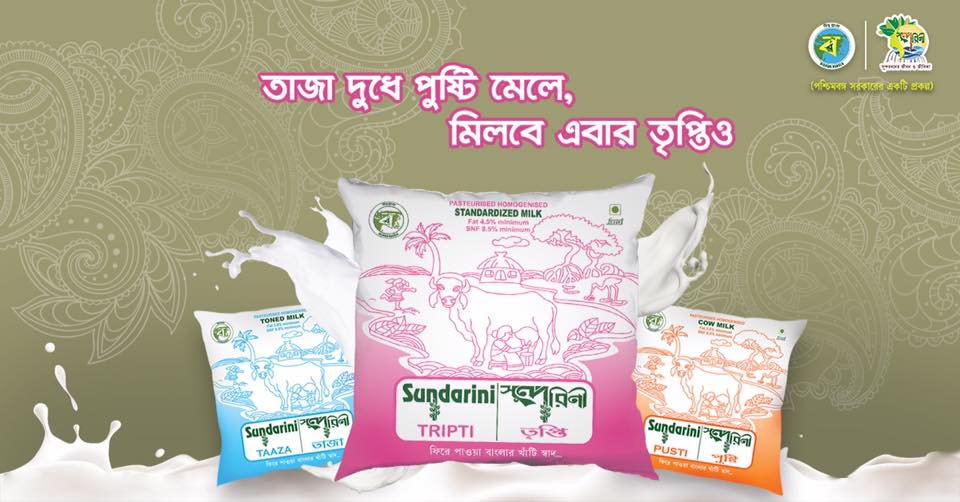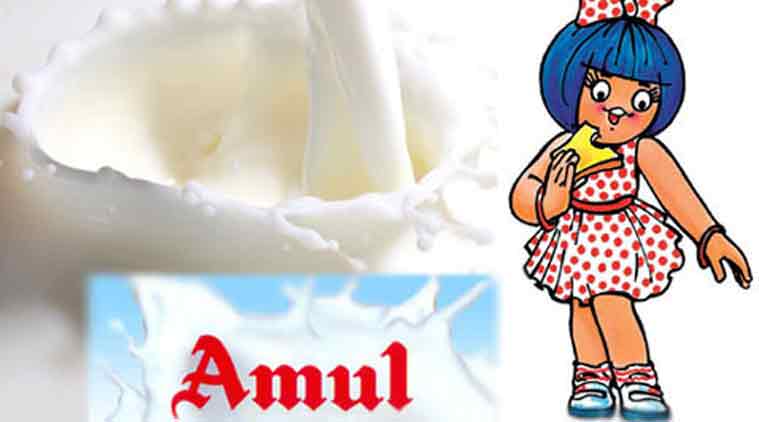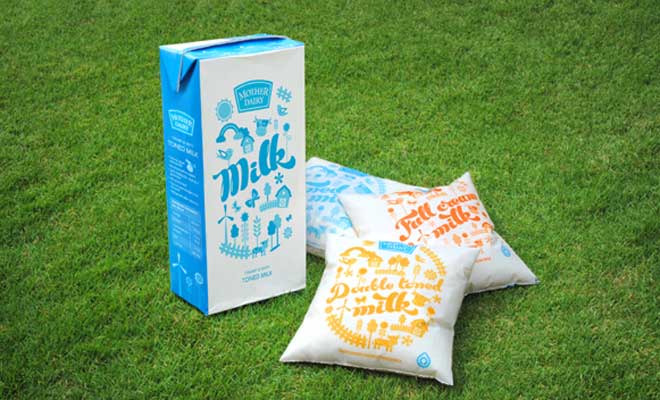The award-winning Sundarini Naturals brand of the State Government is soon going to sell organically-made factory-processed milk on a large scale, packed in environment-friendly easily degradable packets (which can break down easily in soil). The entire process – from rearing cows to producing milk – would be organic, that is, no chemicals would be used.
In an initiative to empower women of the Sundarbans, a cooperative named Sundarban Co-Operative Milk & Livestock Producers Union Ltd. was started in 2015. Its brand was named Sundarini Naturals by Chief Minister Mamata Banerjee.
For its achievement in helping almost 3,000 downtrodden women to fight back in life through the making and selling of cow milk, ghee, honey from the jungles of the Sundarbans, eggs of ducks and hens, moong dal and rice, the National Dairy Development Board recently awarded Sundarban Co-Operative as the best milk cooperative and selected Sundarini Naturals as an ideal model, fit for replication elsewhere in the country.
Every day, 10,000 litres of milk would be packed at the state-of-the-art factory, to be built inside the Kisan Mandi in Mathurapur-1 block in South 24 Parganas. The work of building the plant would be completed by December.
Each pouch would be of 500 ml and would be priced at competitive rates. The initial effort would be to capture a portion of the Kolkata market. Sundarban Co-Operative is in talks with various malls to stock its brands there.
Source: Bartaman



